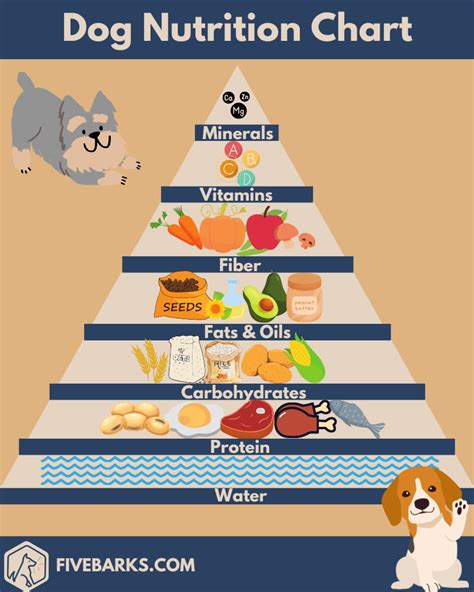The Importance of Proper Puppy Nutrition
Proper nutrition is essential for a puppy’s growth and development. A well-balanced diet will provide your puppy with the nutrients they need to build strong bones and muscles, a healthy immune system, and a shiny coat. Puppies have different nutritional needs than adult dogs, so it’s important to choose a food that is specifically formulated for puppies.

What to Look for in a Puppy Food
When choosing a puppy food, look for a food that is:
- High in protein: Protein is essential for building strong muscles and tissues. Puppies need more protein than adult dogs, so look for a food that contains at least 25% protein.
- High in fat: Fat is also essential for puppy growth and development. It provides energy and helps puppies absorb vitamins and minerals. Puppies need more fat than adult dogs, so look for a food that contains at least 10% fat.
- Fortified with vitamins and minerals: Puppies need a variety of vitamins and minerals to stay healthy. Look for a food that is fortified with all of the essential vitamins and minerals.
- Avoid foods that are high in fillers: Fillers, such as corn and wheat, are often used to bulk up puppy food. These fillers can be difficult for puppies to digest and can provide little nutritional value.
How Much to Feed Your Puppy
The amount of food you feed your puppy will depend on their age, weight, and activity level. Puppies typically need to eat three to four meals per day. The following table provides a general guide to how much to feed your puppy:
| Age | Weight | Amount to Feed |
|---|---|---|
| 8-12 weeks | 5-10 pounds | 1/2 cup to 1 cup per day |
| 12-16 weeks | 10-15 pounds | 1 cup to 1 1/2 cups per day |
| 16-20 weeks | 15-20 pounds | 1 1/2 cups to 2 cups per day |
When to Switch to Adult Food
Puppies should switch to adult food around 1 year of age. Adult food is lower in protein and fat than puppy food, and it is formulated to meet the nutritional needs of adult dogs.
Tips for Feeding Your Puppy
- Feed your puppy at regular times each day.
- Do not free-feed your puppy. Free-feeding can lead to obesity and other health problems.
- Measure your puppy’s food carefully. Overfeeding can lead to obesity and other health problems.
- Make sure your puppy has access to fresh water at all times.
Conclusion
Proper nutrition is essential for a puppy’s growth and development. By choosing a high-quality puppy food and feeding your puppy the right amount of food, you can help your puppy stay healthy and happy.
FAQs
- How often should I feed my puppy? Puppies typically need to eat three to four meals per day.
- How much should I feed my puppy? The amount of food you feed your puppy will depend on their age, weight, and activity level. See the table above for a general guide.
- When should I switch my puppy to adult food? Puppies should switch to adult food around 1 year of age.
- Can I feed my puppy human food? Yes, but human food should only be given as a treat. Human food should not make up more than 10% of your puppy’s diet.
- What are some signs of malnutrition in puppies? Signs of malnutrition in puppies include: weight loss, poor coat condition, dull eyes, and lethargy.





















